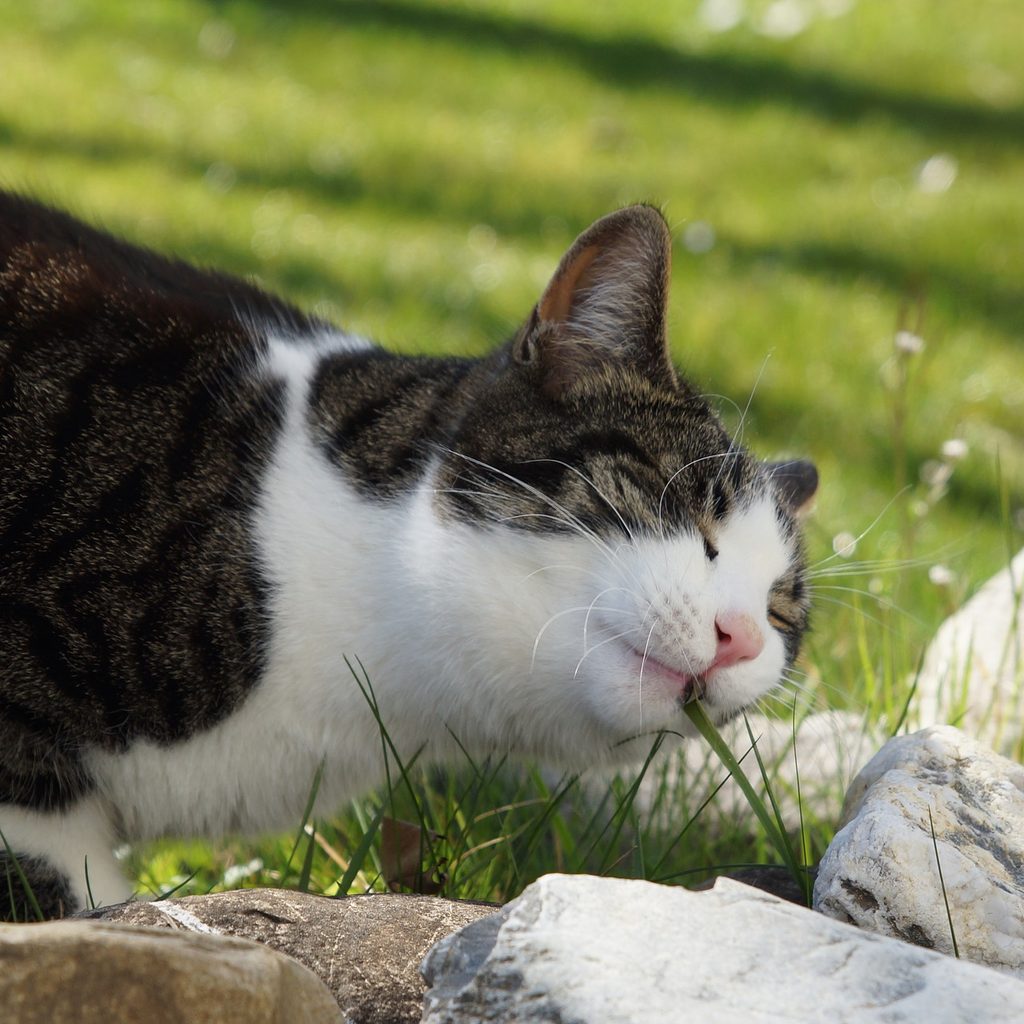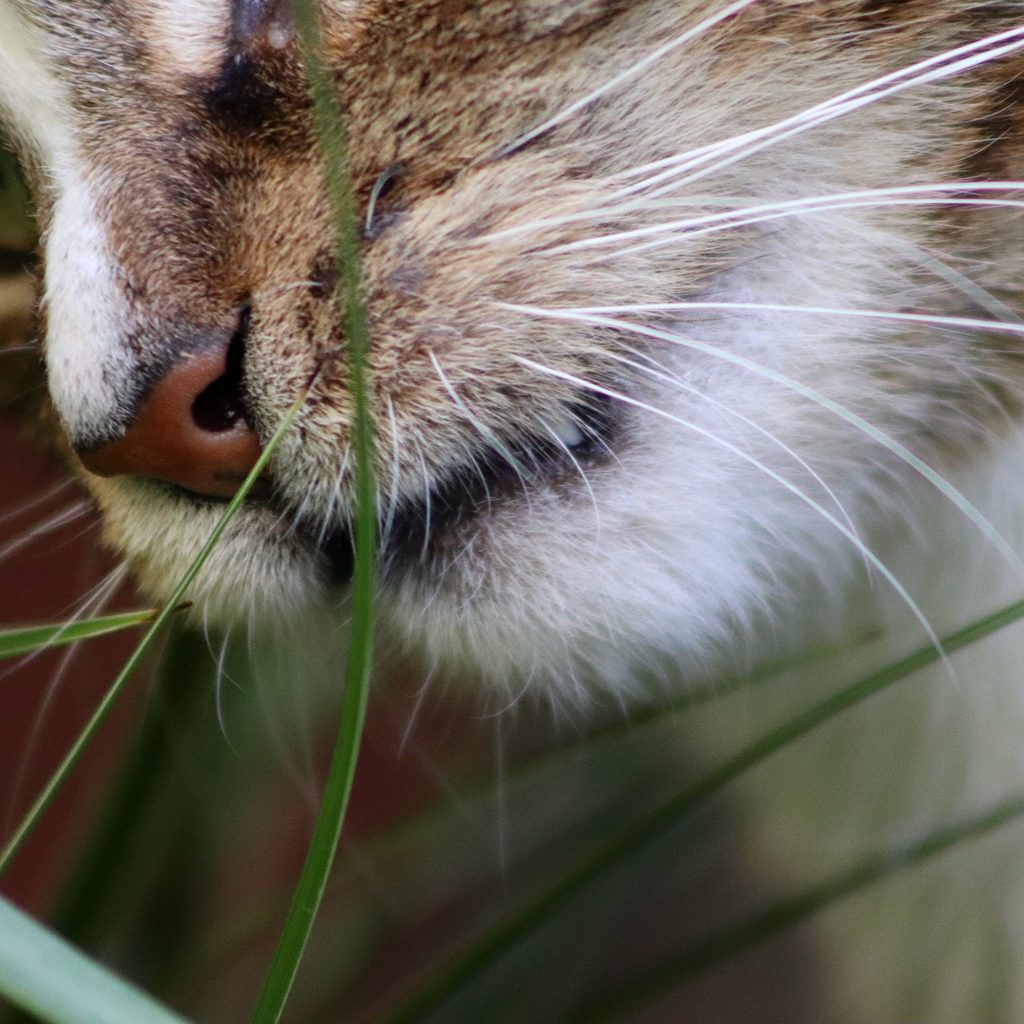Cat grass has many benefits for cats, from helping soothe an upset stomach to helping prevent boredom in your indoor kitty. When you grow your own cat grass, you’ll be able to give your cat a safe source of grass to munch on. Growing cat grass is relatively easy — it grows quickly, so you’ll be able to see the results of your efforts in just a few days. Even if you’ve never done any gardening previously, you can successfully start your own garden of cat grasses with the right tips and preparation. These tips can help make your cat grass gardening experience a success.

Start with the right supplies
At the most basic, you’ll need:
- Cat grass seed
- Potting soil
- A pot
You can buy these supplies separately and even use what you already have at home. Cat grass seeds are most commonly wheatgrass, oat, barley, or ryegrass seeds. You can buy these seeds at your local garden center or find plenty of retailers that sell them online.
If you want to go the organic route, then be sure to buy not only organic seeds but also organic potting soil.
Rather than buying your supplies separately, you might consider buying a cat grass growing kit. Many of these kits include all the supplies you need to get going.
Find the right spot
If you plan to grow the grass indoors, you’ll have more control over how much water it receives, and you can keep it protected from inquisitive cats who might want to munch on it before it’s ready. You’ll need to find a spot where the pot will get plenty of sunlight. Alternatively, you might grow the grass outdoors on a porch.
Give your grass the right start
To get your grass seed started, fill a pot with potting soil and then sow the seeds into the soil. Push the seeds about ¼-inch deep into the soil. Then, keep the soil moist to prompt the seeds to sprout.
Put the pot in a sunny place to help keep the grass growing. You’ll need to water the soil periodically, but definitely don’t overwater since you can kill off the grass. Use your finger to test the soil — if it’s dry and grainy, then it’s time to water.
Make watering easier
Using a small watering can give you more control as you water and can prevent you from accidentally spilling too much water into the pot. Alternatively, you can use a small spray bottle.
While your grass is still short, you can cover the pot with a layer of plastic wrap. This can help keep water from evaporating, so you don’t have to water it as often. Make sure that the plastic wrap is layered over the pot lightly since putting it on too tightly will restrict air circulation and can lead to mold.

Care for your grass once it’s grown
Cat grass grows quickly, so you should have plenty of grass ready within about a week. Before letting your cat munch on the grass, make sure it’s free of bugs and pests.
Your cat may naturally mow down the grass, which actually encourages it to continue growing. If your cat leaves behind uneven patches, you can give the grass a quick trim with scissors to keep it all growing evenly.
The grass will need plenty of sun to stay alive, so park it in the sunniest window or move it to your sunporch or another sunny spot. Even with plenty of care, the grass will probably eventually die, so as your cat starts grazing on one pot, consider planting another pot to have plenty more grass ready.
Growing a cat grass garden takes a little time, but it can pay off with a happier, healthier cat. Cat grass may help support your cat’s digestive system, and eating grass also keeps indoor-only cats entertained. When you grow your own cat grass, you know just how it’s been cared for and exactly what you’re giving your cat. This helps eliminate the potential for your cat to ingest grass that’s been treated with pesticides, like he might come across when outside. With a few pots of cat grass at different growth stages, you can keep even your enthusiastic eater well supplied with tasty grass that’s ready for snacking at any time.


